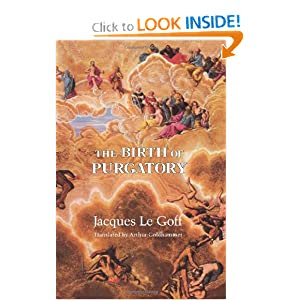Historical Developments that slowly led to the eclipsing of the doctrine of justification by faith alone
I wrote an article on this years ago (2012) at James Swan’s blog, “Beggar’s All Reformation and Apologetics”. You can see the old article there. I have updated and edited this here. Anthony Rogers excellent recent presentation on Sola Fide … Continue reading

